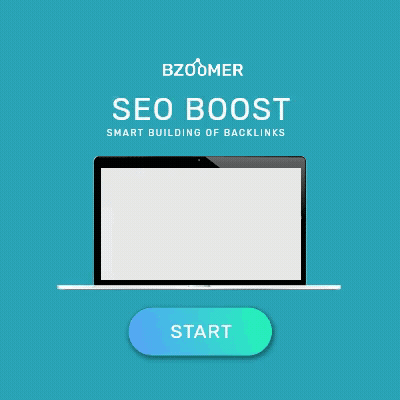When it comes to keeping your home warm and comfortable, a well-functioning boiler is essential. Whether you're building a new house or replacing an old, inefficient boiler, proper installation is the key to ensuring your heating system operates efficiently and safely. In this comprehensive guide, we'll take you through the important aspects of boiler installation, from choosing the right boiler to finding the right professionals for the job.
Choosing the Right Boiler:
The first step in a successful boiler installation is selecting the right boiler for your specific needs. There are several factors to consider:
-
Boiler Type: Decide between a combi boiler, system boiler, or conventional boiler, depending on your heating and hot water requirements.
-
Fuel Source: Choose between gas, oil, electric, or renewable energy sources like solar or biomass, depending on what's available and cost-effective for your home.
-
Boiler Size: Ensure the boiler's heating capacity matches the size of your home and the demand for hot water.
-
Efficiency: Opt for an energy-efficient model to reduce your heating bills and environmental impact.
Professional Boiler Installation:
Once you've selected the right boiler for your home, the next crucial step is professional installation. Hiring experienced and certified technicians or heating engineers is essential to guarantee safety and efficiency. Here's what a professional boiler installation entails:
-
Site Assessment: Technicians will assess your home's layout, existing heating system, and any specific requirements to determine the best location for the boiler.
-
Proper Ventilation: Ensuring adequate ventilation for your boiler is essential to prevent the buildup of harmful gases like carbon monoxide. Professionals will install ventilation systems if needed.
-
Pipework and Plumbing: The installation team will connect the boiler to the central heating system and hot water supply, ensuring all pipework is correctly sized and insulated.
-
Electrical Connections: For electric boilers, proper electrical connections are essential, and professionals will handle this aspect safely.
-
Safety Measures: Installation professionals will test the boiler's safety features and make sure it meets all regulatory standards.
Post-Installation Checks:
After the installation is complete, there are several important checks and measures to take:
-
Boiler Commissioning: Professionals will commission the boiler, ensuring it operates correctly and efficiently.
-
Demonstration: They should provide you with instructions on how to use and maintain the boiler and its controls.
-
Safety Certificate: You should receive a safety certificate confirming that the boiler has been installed correctly and meets all safety standards.
Regular Maintenance:
To keep your boiler running smoothly and extend its lifespan, regular maintenance is crucial. Schedule annual servicing by a qualified technician to check for any issues, perform necessary repairs, and maintain efficiency.
A properly installed boiler is the heart of a warm and comfortable home. When considering boiler installation, take your time to choose the right type, size, and fuel source, and always rely on certified professionals for installation and maintenance. With the right boiler and expert installation, you can enjoy a cozy and energy-efficient home for years to come.


